😴 The Sleep–Hair Connection: Why Rest Matters More Than You Think
Sleep might not seem tied to hair growth at first glance—but nothing could be further from the truth. 🌙 Hair follicles operate in a continuous cycle of growth, rest, and shedding, and believe it or not, sleep is a critical part of that rhythm.
When you skimp on rest, it’s not just your energy that takes a hit. Your body’s biological systems—including those responsible for hair growth—are deeply linked to your sleep patterns. 🧠
Physiologically, lack of quality sleep increases cortisol and other stress hormones, which can disrupt the delicate hormonal balance your hair depends on. This imbalance may slow growth, weaken strands, or even trigger excessive shedding.
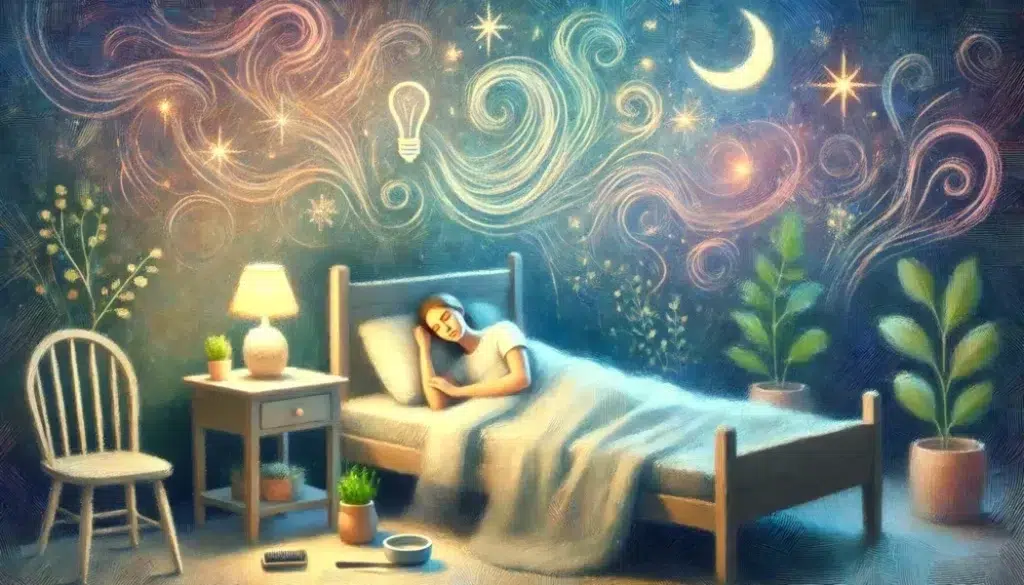
Spotting the signs isn’t rocket science. 🚩 If your hair feels dry, dull, or brittle—or if you’re seeing more strands on your pillow—it might be your body waving a red flag about your sleep hygiene.
Establishing healthy sleep habits is like creating fertile ground for your follicles. 🌱 Just like a plant needs the right conditions to thrive, your hair needs rest to regenerate, grow, and stay strong.
💡 So next time you’re tempted to burn the midnight oil, remember: your hair’s depending on that downtime too.
🌙 Hair Growth Processes During Rest: Unlocking the Nighttime Magic
Sleep isn’t just about recharging your mind—it’s a behind-the-scenes operation where your body repairs, rebuilds, and regenerates. And yes, that includes your hair. 💆♂️ While you’re off in dreamland, your system is quietly fueling your follicles.
During deep sleep, the body enters full repair mode. 🛠️ That includes healing environmental damage done to your scalp, allowing your hair roots to strengthen and prepare for the next growth phase.
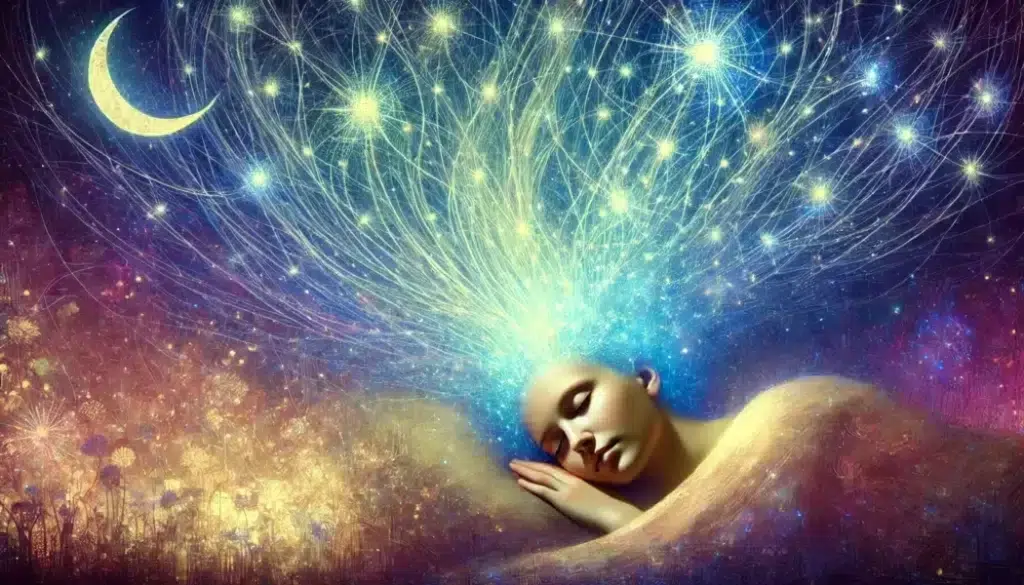
Hormones play a starring role at night. 🌜 Melatonin, the sleep-regulating superstar, acts as a powerful antioxidant that protects hair follicles from oxidative damage. Meanwhile, when cortisol (your stress hormone) is well-managed, it clears the way for healthy hair cycles to continue uninterrupted.
In fact, a study published on HHC Cliniks shows that proper sleep patterns and melatonin balance are critical in maintaining the cellular environment hair follicles need to grow. Lack of rest disrupts this harmony and may trigger inflammatory responses in the scalp.
With regular, high-quality sleep, you’re giving your body the time it needs to nurture new growth, restore scalp balance, and let your hair grow stronger, shinier, and more resilient. 🌟
Think of your pillow not just as a place to rest your head—but as the launchpad for your next great hair day. 😉
😖 Stress and Its Unwelcome Guest: Hair Loss
Ever noticed how your hair takes a hit when you’re overwhelmed and not sleeping well? 😵💫 Stress doesn’t just sabotage your mood—it messes with your hormones, and your hair quietly suffers the consequences.
When your mind is in overdrive, your cortisol levels spike. 📈 This stress hormone can prematurely push hairs from the growth phase (anagen) into the shedding phase (telogen), a condition known as telogen effluvium—and that means noticeable thinning.
Now add sleep deprivation to the mix. 💤 It’s like forgetting to water a wilting plant. Without restorative sleep, your body can’t efficiently repair the cellular damage caused by stress—including in your scalp and follicles.
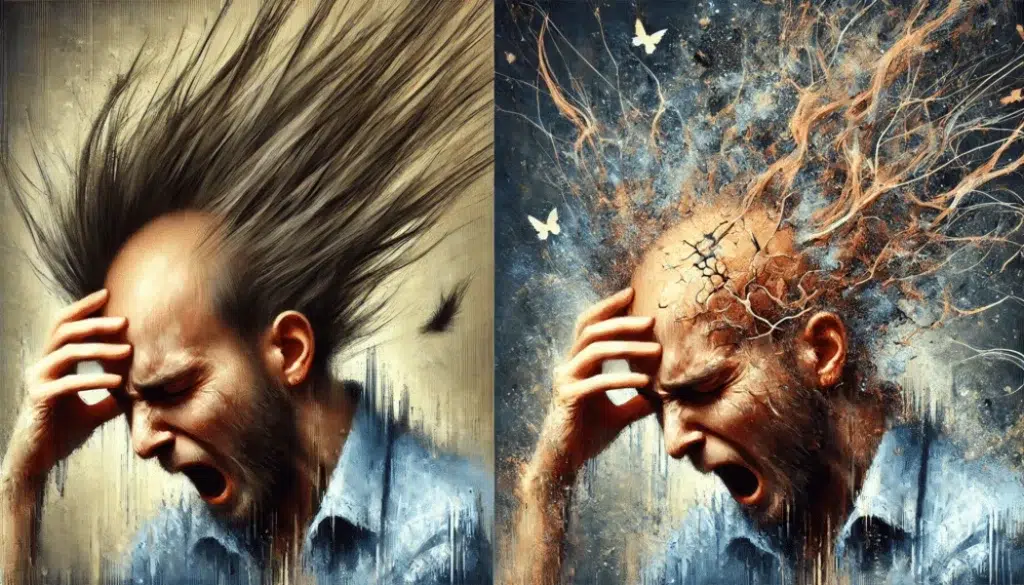
Stress-related hair loss (yes, it has a name—stress-induced alopecia) isn’t just psychological—it’s physiological. 😩 But the good news? It’s also reversible.
Activities like yoga, deep breathing, nature walks, or journaling before bed aren’t just trendy—they help regulate cortisol, improve your sleep, and restore your body’s rhythm. 🧘♀️
Building a consistent bedtime routine helps set your internal clock. It’s a cue for your body to relax, heal, and reboot the hair cycle. So next time you’re under pressure, remember—pausing for peace might just save your hairline. 😉
🛏️ Crafting Optimal Sleep Habits for Vibrant Hair
Sleep isn’t just a nightly pit stop—it’s a cornerstone of healthy hair. 💆♀️ While the phrase “beauty sleep” might sound cliché, when it comes to hair, it’s scientifically legit. Establishing the right bedtime habits can make a serious difference.
Start with a consistent sleep schedule. ⏰ Going to bed and waking up at the same time each day supports your circadian rhythm, which directly impacts the timing and quality of your hair’s nightly repair process.
Another game-changer? Reducing screen time before bed. 📵 Blue light from devices messes with your melatonin production, keeping your brain wired when it should be winding down. Try to cut screens at least an hour before sleep to give your body space to reset.
📊 To make it easier, here’s a handy checklist you can follow every night to support your scalp while you sleep:
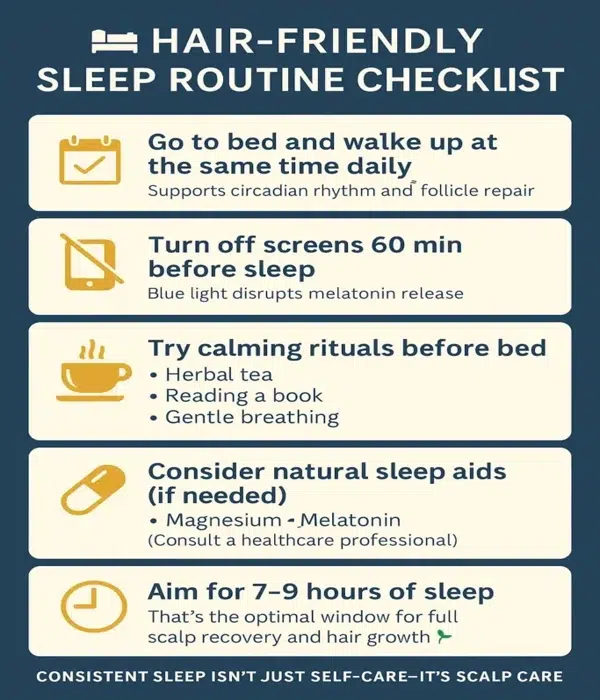
You’ve probably heard the sweet spot is 7–9 hours of sleep per night. And it’s true. 💤 That window supports full hormonal regulation, tissue repair, and follicle activity. Miss it consistently, and your hair may start to show signs of stress.
Still struggling to fall asleep? Natural sleep aids like magnesium or melatonin might help—but always check with your healthcare provider first. 💊
Whether it’s a warm cup of herbal tea, journaling, or a good old-fashioned paperback, these gentle rituals signal your brain that it’s time to power down—and your hair will thrive because of it.
🌿 Building Your Perfect Nighttime Ritual for Healthy Hair and Restful Sleep
Creating a nighttime routine isn’t just for better sleep—it’s a full-body upgrade with real benefits for your hair. 🌛 Imagine a calming sequence that nourishes your mind and revitalizes your roots.
Start simple: try a gentle scalp massage before bed. 💆♂️ It boosts circulation to your follicles, delivering oxygen and nutrients right where growth begins—plus, it’s deeply relaxing
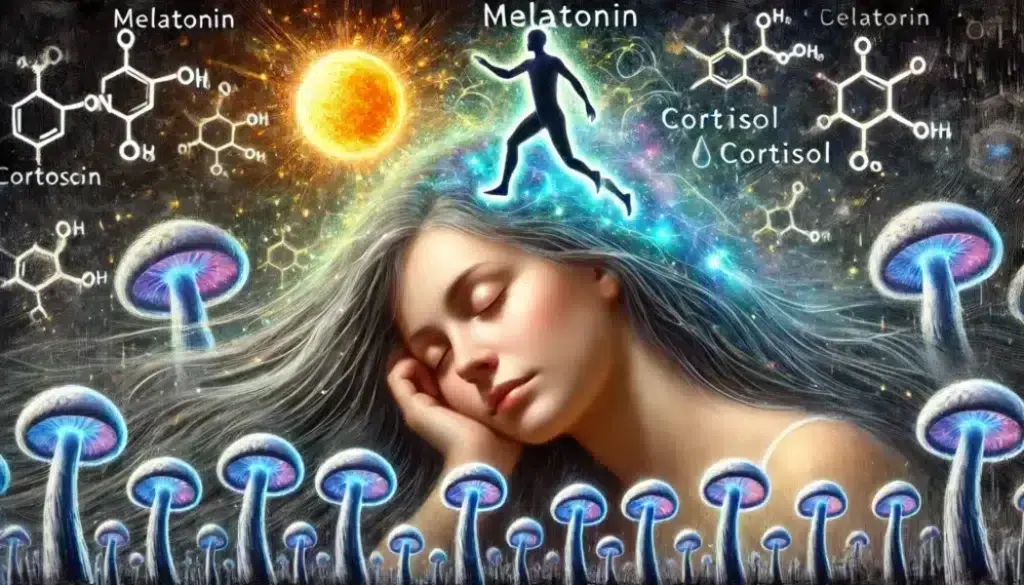
Follow that up with meditation or deep breathing to clear the mental clutter. 😌 Reducing stress before sleep helps regulate cortisol and gives your hair a healthier hormonal environment.
Want extra hydration? 🧴 Apply a nourishing overnight hair oil. Argan, jojoba, or castor oil can lock in moisture and strengthen strands while you rest.
For those ready to level up, laser therapy (LLLT) can be part of your evening flow. It’s a science-backed, non-invasive way to promote follicle health from home—while you relax.
And don’t forget the inside job: a nutrient-rich evening meal (rich in zinc, B vitamins, and healthy fats) fuels both your body’s recovery and your hair’s resilience. 🥦🥚
Wrap up with humor and intention. 🤍 As you close your eyes, remind yourself: “Tonight, I’m not just sleeping—I’m upgrading my scalp’s software.” 😄
💡 Hair health doesn’t clock out at night—it’s just getting started.
Stay with us — the best is yet to come.
By following our advice, you’re doing the most you can for your hair.
Be the first to know when we publish new guides, tests, and proven strategies for stronger, healthier hair.
👉 Visit the About Me page to learn more about my journey, mission, and why helping people with hair health is so personal to me.
Want healthier, stronger hair? Discover 8 science-backed habits that protect your scalp and boost natural growth. Get your free PDF guide today!
Disclaimer: This article is for informational purposes only and is not a substitute for professional medical advice. Sensitive claims are supported with scientific references, and full product details can always be found on the official websites of the respective manufacturers or distributors.
Some links in this article are affiliate links. If you choose to make a purchase through them, I may earn a small commission at no extra cost to you — helping me keep HairGrowGenius running. Thank you for your support!

✅ FAQ – The Role of Sleep in Hair Growth and Repair
❓ Can poor sleep alone cause hair loss?
Yes. Chronic sleep deprivation increases cortisol (the stress hormone), which can disrupt the hair growth cycle and trigger telogen effluvium—temporary hair shedding caused by stress or shock to the system.
❓ Does deep sleep affect hair health differently than light sleep?
Definitely. Deep (slow-wave) sleep is when the body repairs tissues, including hair follicles. Without enough deep sleep, your body misses critical windows for regeneration—meaning weaker follicles and slower growth.
❓ Are there specific sleep disorders linked to hair problems?
Yes. Conditions like insomnia, sleep apnea, and restless leg syndrome have been linked to hormonal imbalances and oxidative stress, both of which can contribute to hair loss or thinning over time if left unmanaged.
❓ Can melatonin supplements help both sleep and hair growth?
Potentially. Melatonin is known for regulating sleep, but it also has antioxidant and anti-inflammatory effects that may benefit the scalp. Topical melatonin has shown promise for hair growth, while oral melatonin may support overall recovery—but results vary by individual.
Last updated: June 2025 based on latest research


Leave a Reply